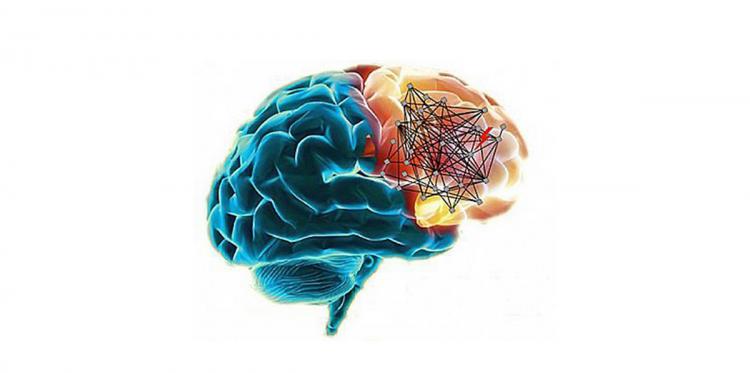As published in Dimensions Magazine, Spring 2018
Learn about the newly funded 2018-2019 Alzheimer's Disease Research Center pilot projects. These one-year projects encourage investigators to use ADRC resources to advance the understanding, diagnosis, and/or treatment of Alzheimer’s disease.

Michelle Erickson, PhD
Michelle Erickson, PhD, Research Assistant Professor, UW Gerontology and Geriatric Medicine / Research Biologist, VA Puget Sound Healthcare System
Serum amyloid A as a liver-derived mediator of Alzheimer’s disease: Serum amyloid A is a protein made by the liver during inflammation. It can enter the brain from blood via transport across the blood-brain barrier and has been shown to increase in the brains of individuals with Alzheimer’s disease. This project aims to test the causal relationships of serum amyloid A to Alzheimer’s-associated pathology and cognitive symptoms. Positive findings from this pilot study could warrant future work to investigate the potential of serum amyloid A as a novel biomarker and therapeutic target for Alzheimer’s disease.

Paul Valdmanis, PhD
Paul Valdmanis, PhD, Assistant Professor, UW Division of Medical Genetics
Contribution of human-specific repeat expansions to Alzheimer’s disease: Several genes have been identified as causing or increasing risk for Alzheimer’s disease, however, despite extensive sequencing approaches, the genetic basis of a substantial proportion of Alzheimer’s disease cases remains unknown. The Valdmanis Lab has identified repeats in brain-expressed genes that are specifically expanded in the human genome, and they hypothesize that these genes influence development or progression of Alzheimer’s disease. In this project, the team will investigate the unique structural properties of gene expansions that may interact with other genes implicated in Alzheimer’s disease, which may explain the genetic basis of a proportion of late-onset or genetically unresolved cases of early-onset Alzheimer’s disease. If so, patients can be grouped based on gene expansion size and receive earlier gene-specific intervention strategies.

Hesamoddin Jahanian, PhD
Hesamoddin Jahanian, PhD, Assistant Professor, Integrated Brain Imaging Center, UW Department of Radiology
Development of Ultrafast Resting-State fMRI as a Biomarker for Alzheimer’s disease: Alzheimer’s disease causes disruptions of the brain’s patterns of network activity, even at very early stages. Researchers can detect these changes using a technique called ‘resting state functional magnetic resonance brain imaging’ (rs-fMRI). rs-fMRI measures may serve as biomarkers to predict and track the progression of neurodegenerative disease. Now, Dr. Hesamoddin Jahanian, a new faculty member in the UW’s Integrated Brain Imaging Center (IBIC), will be using a dramatically improved technique, dubbed ‘ultra-fast rs-fMRI,’ which collects 4 times as much data about brain connectivity in the same amount of time as the traditional method—in fractions of a second, faster than a heartbeat. This advance makes it possible to detect subtle short-term alterations in brain function, such as in early Alzheimer’s disease, perhaps before structural brain changes occur. His team will apply ultrafast rs-fMRI along with machine learning techniques to develop a non-invasive biomarker for Alzheimer’s and related diseases.

Richard S. Morrison, PhD,
Richard S. Morrison, PhD, Staatz Professor of Neurological Surgery/ Director, UW Center for Neuroproteomics
Epigenetic role for histone deacetylase 2 in Alzheimer’s disease pathogenesis: Histone deacetylase 2 (HDAC2) is an enzyme that plays an important role in the aging process. Recent studies in mouse models and human cases of Alzheimer’s disease demonstrate that HDAC2 is abnormally elevated and harms gene expression in brain cells. Dr. Morrison’s goal is to use both patient tissue and stem cell technology to determine if dysregulated HDAC2 expression may represent an age-related risk factor for the onset and progression of Alzheimer’s disease. This project will provide new insights into the contribution of HDAC2-mediated epigenetic regulation to Alzheimer’s disease, with the aim of developing HDAC2 therapies that will delay the onset and progression of Alzheimer’s disease.
Image Credit: Mary-Claire King, UW





